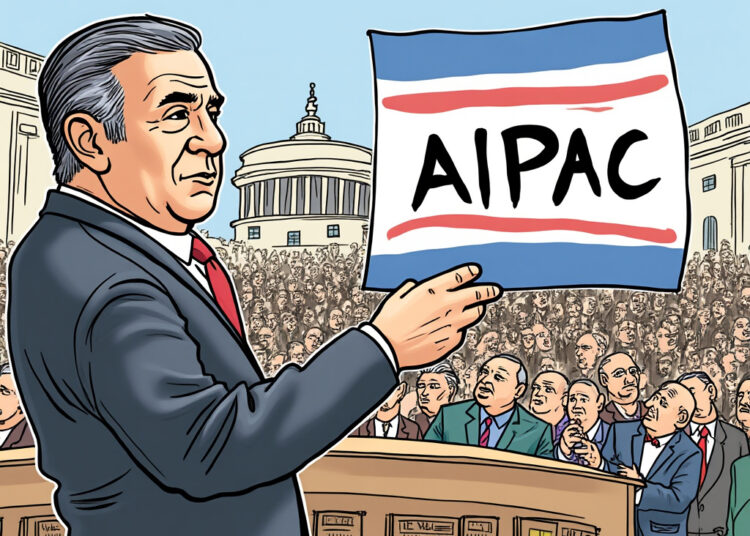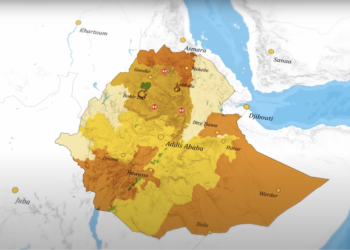As the 2024 elections draw near, the specter of foreign influence in American democracy looms large, but not in the way many might expect. While we often hear about Russian bots or Chinese disinformation campaigns, there’s an elephant in the room that’s been largely ignored or misrepresented: the American Israel Public Affairs Committee (AIPAC).
AIPAC’s role in U.S. elections isn’t about foreign governments directly tampering with our democratic processes. No, it’s subtler, yet arguably more influential. AIPAC, as a U.S.-based lobbying group, operates within a legal gray area where it can marshal vast resources to influence American policy and politics in favor of Israel, often at the expense of what might be in the broader interest of the American public.
The Financial Powerhouse
Let’s get real for a moment—AIPAC doesn’t just lobby; it pours money into the political system like water into a sponge. Reports from earlier this year showed AIPAC spending over $100 million in election cycles, targeting not just national issues but local Democratic primaries to unseat progressives who dare to critique Israel’s policies. This isn’t just about influencing policy; it’s about controlling who gets to speak in Congress. When nearly every candidate they endorse wins, you start to wonder if we’re voting for representatives or simply confirming pre-selected champions of AIPAC’s agenda.
Ethical Quandaries
Here lies the ethical dilemma: AIPAC’s influence isn’t transparent. It’s not just about the money; it’s about the implicit threat that comes with it. Candidates know where the support—or the lack thereof—comes from. This isn’t democracy as we know it; it’s power dynamics masquerading as political support.
Furthermore, AIPAC’s agenda often prioritizes Israel’s interests over urgent domestic issues like homelessness, healthcare, or climate change. This isn’t just a matter of policy difference; it’s about setting a national agenda that a significant portion of Americans might not agree with.
The Democratic Paradox
AIPAC’s influence paints a stark picture of the paradox within our democracy. Here we are, a nation that prides itself on free and fair elections, yet we allow an organization to funnel millions into our political system to sway outcomes in a way that benefits a foreign policy perspective over domestic needs. This isn’t just about foreign policy; it’s about the integrity of our democratic process.
A Call for Balance
The question isn’t about being pro- or anti-Israel; it’s about balance, transparency, and fairness in our political system. If AIPAC or any other lobby can claim such victories in elections, we must ask ourselves: Are our representatives truly representing us, or are they serving the interests of those who fund their campaigns?
We need reforms. We need transparency in how foreign policy lobbies, especially those with significant financial clout like AIPAC, operate within our democratic framework. We must ensure that our elected officials are beholden to the voters, not to the coffers of external agendas.
Until we address this, our democracy will continue to be overshadowed, not by foreign hackers, but by legal yet ethically dubious domestic entities wielding foreign policy as their cudgel. It’s time to shine a light on this influence, not to demonize, but to ensure that our democracy functions as the beacon of freedom it’s meant to be, untainted by the undue sway of any single agenda.












